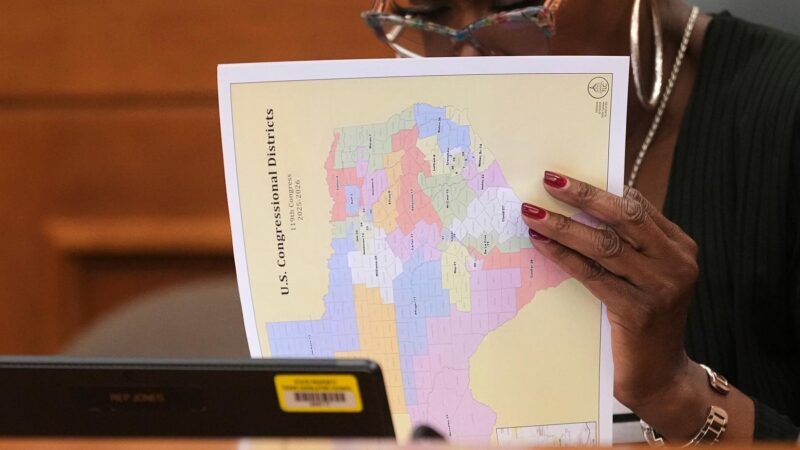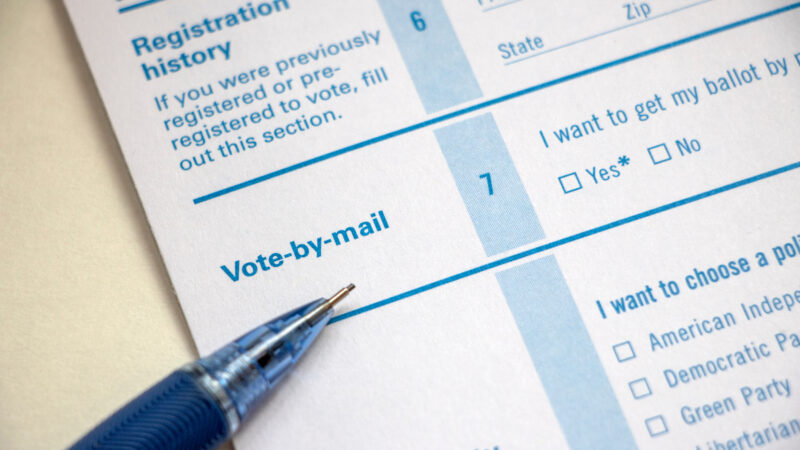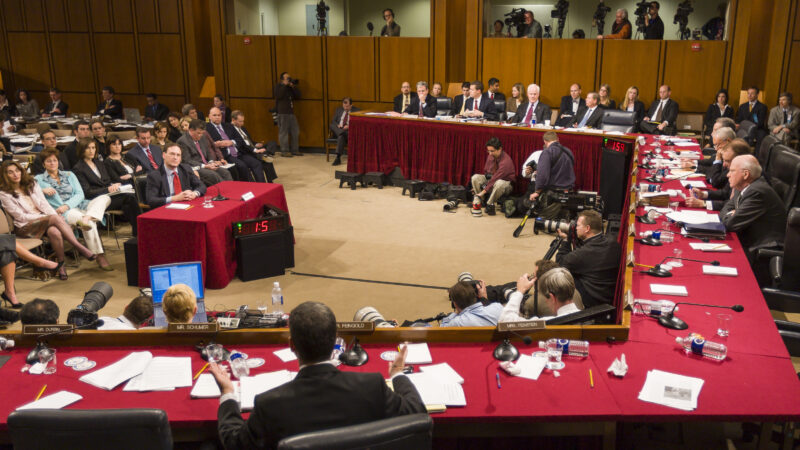Proportional representation will bring young people into politics
- August 18, 2025

American leadership is older today than at any other time in history. The 118th Congress (2023-2025) had the oldest Senate ever, with a median age of 65, and the third oldest House of Representatives, with a median age of 58. The 119th is nearly the same: a median age of 65 in the Senate and 58 in the House. Former President Joe Biden was the oldest president in the country’s history, and by the end of President Donald Trump’s term, he will break that record. “Gerontocracy” has become a familiar word among the American public.
The persistent age gaps in representation and participation threaten the health of American democracy overall. Issues that young people care about do not receive as much attention as issues that older voters care about. Young people face high barriers when running for office, making it difficult for them to address their generation’s concerns themselves through politics. In turn, this fuels cynicism and disengagement with electoral politics, which makes it even harder for young people to be heard or get elected and can make young people lose faith in democratic processes. Without the voice of young people, whether through the ballot or in legislatures, society as a whole misses out on the diverse perspectives and talents that are needed to solve collective problems and tackle new challenges.
Read our full report – The Age Divide Read our full report – The Age Divide
In our new report, we propose that the winner-take-all system suppresses participation among young people and limits their opportunities to influence policy.
We further propose that adopting proportional representation for legislative elections would foster greater inclusion of younger voters and their views, an outcome that would improve the health of democracy and benefit members of all generations.
Key Takeaways
Read our full report – The Age Divide Read our full report – The Age Divide
Related Content
Join Us.
Building a stronger, more resilient democracy is possible, but we can’t do it alone. Become part of the fight today.
Donate
Sign Up for Updates Sign Up for Updates
Explore Careers Explore Careers
How to Protect Democracy How to Protect Democracy


